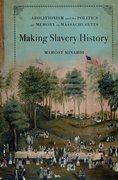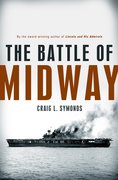Monumental decisions
By Margot Minardi
The new Martin Luther King, Jr. National Memorial in Washington, DC, attracted criticism from an unlikely corner recently when poet Maya Angelou complained that one of the inscriptions made the civil rights leader seem like an “arrogant twit.” In a sermon on “The Drum Major Instinct,” delivered two months before













